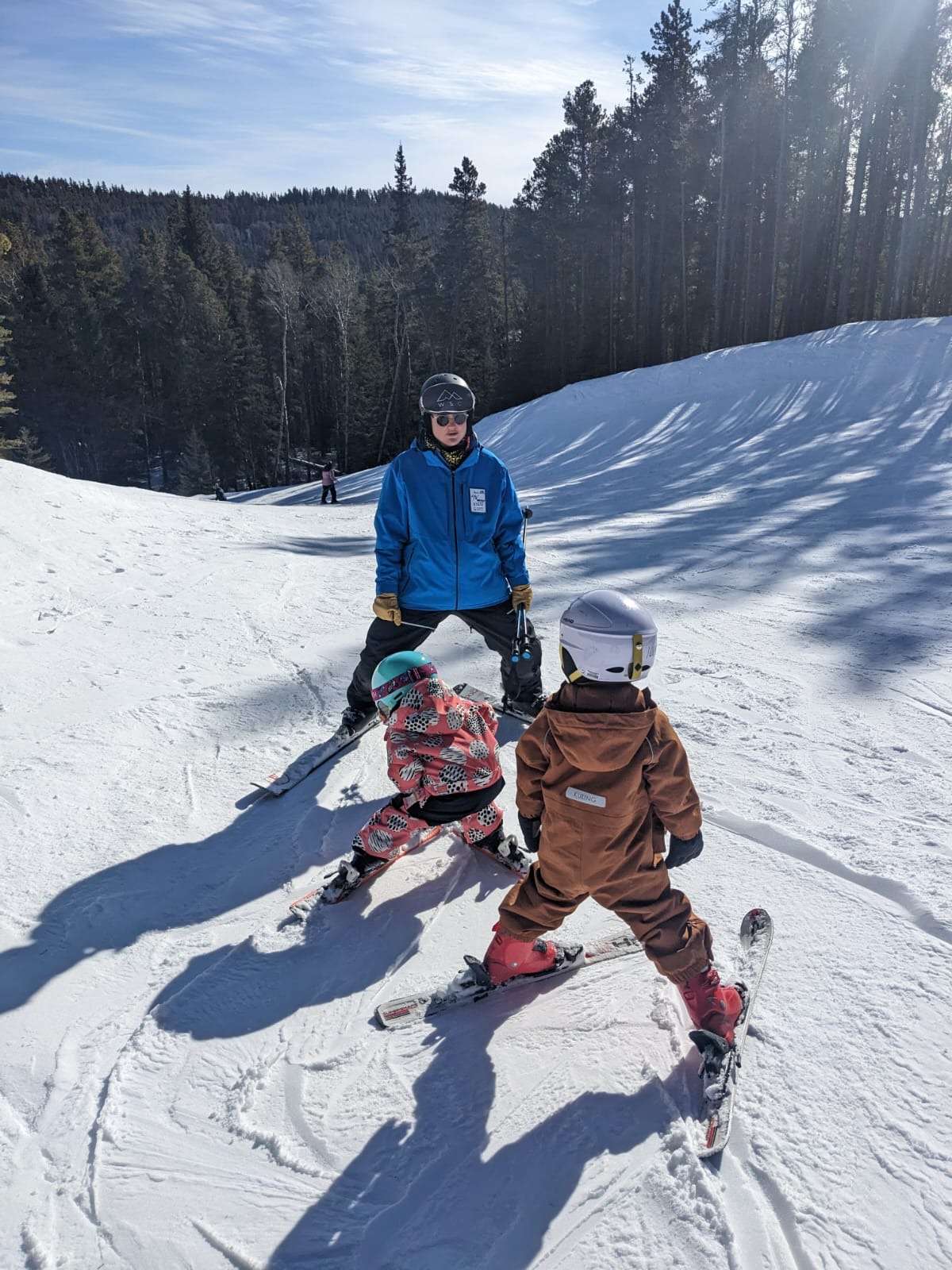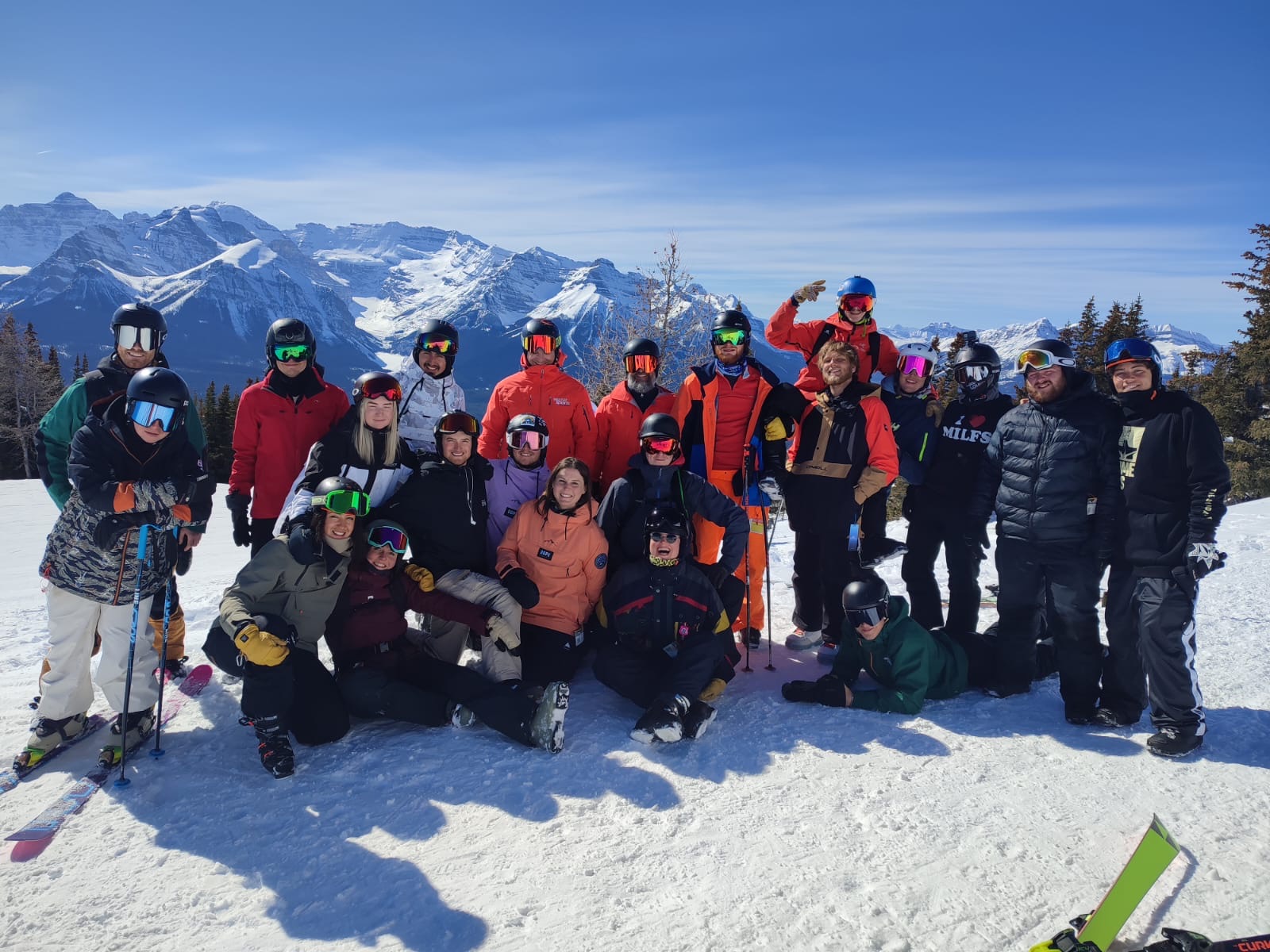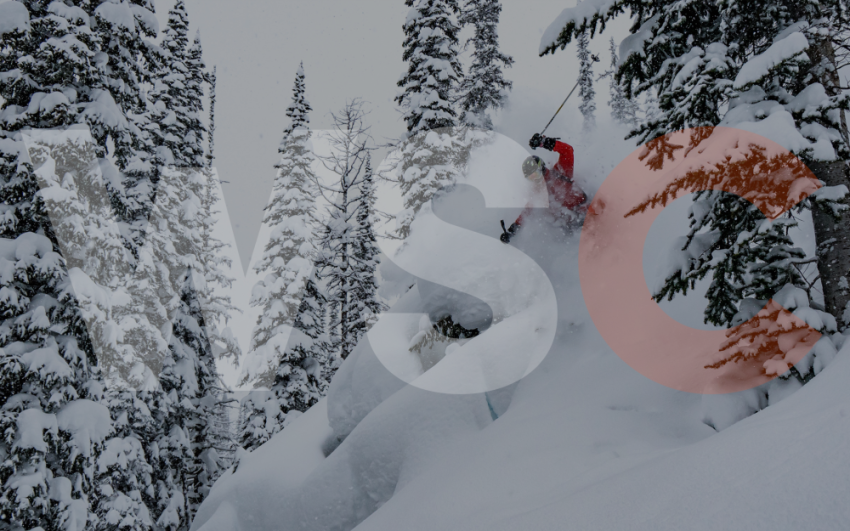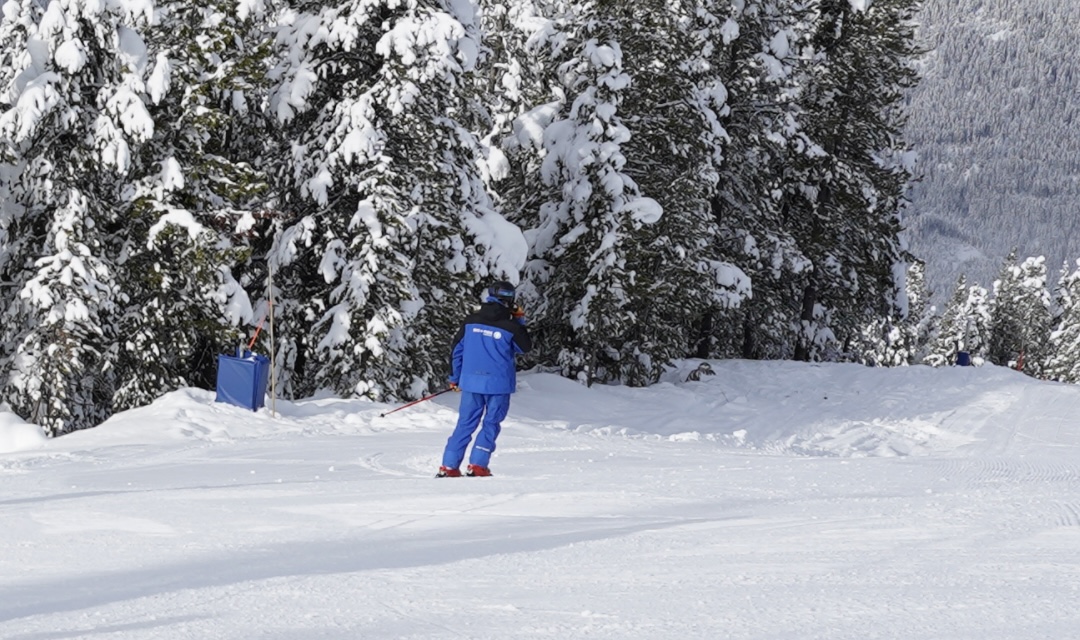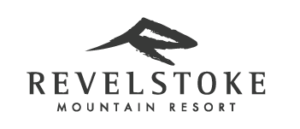How Many Days Per Week Do Ski Instructors Work?
With the job being seasonal and dependent on factors outside their control, such as weather, business demand, etc, the standard Monday to Friday nine-to-five isn’t a luxury for ski instructors. Instead, we hustle during the busier periods and take time off for ourselves during the quieter times. With more experience, you figure out how to manage your schedule to make the most out of both periods and maximise earnings. But let’s try and break it down. In the early season, work is steady, and you’ll have two regular days off weekly. It feels relaxed, and you have enough time to ski for yourself, while still working plenty. As the season bears down on the busy Christmas and New Year holidays (northern hemisphere winters), this is when ski instructors lock in for the next few weeks. It’s not uncommon to go a few weeks without a day off in this period, which may seem harsh, but it’s when we make our money. Guests are more generous, and there is the opportunity to roll private lessons. The mountains are so busy during this period anyway that free skiing on a day off isn’t anywhere near as fun. Make hay while the sun shines!

Early January is usually quieter as the Christmas and New Year rush ends. We get a well-deserved break and time to hang out with friends and other pros. Plenty of time for a day off out of boots, while still getting out there to enjoy turns for ourselves. Experienced pros who are well established in a resort typically have a few returning clients who keep money rolling in during this time, but with a more relaxed schedule. Business returns to steady levels from mid-January onwards and stays this way until the February half-term breaks. This is slightly different depending on where you work, but most resorts feel a bump around this time. Ski instructors usually get two or three crazy periods during a season, depending on which resort they work at. Those who work in larger resorts and stay open longer also get the Easter buzz in late March/April.
During the quiet periods, it’s not uncommon to find yourself with only 3/4 days of work per week. This is why we don’t mind working the long weeks when we can. At the end of the season, it balances out. Being a good ski pro is someone flexible with their schedule, willing to work at the last minute and happy putting in the long shifts. It’s a hustle and doesn’t come with the security of the nine-to-five, but I suppose that’s part of the thrill.
How Much Do Ski Instructors Get Paid?
Not all ski instructors are created equal, of course. Those new to the industry with little experience, who likely hold a level 1 or 2 certification, will be paid less than your highly certified pros or most experienced. Those fully certified as level 4 ski instructors can earn a solid income. For example, fully certified ski instructors in Switzerland can earn around 70 CHF per hour, sometimes more. Where you work does matter. As mentioned, countries like France and Switzerland have strong hourly rates, and income can be heavily supplemented in places like the US. Other countries like New Zealand, Canada, Australia, etc, will pay less. That being said, instructors do have the opportunity to increase earnings through incentives.
A requested private lesson will likely be rewarded with an additional $10-$20 per hour, as is standard for most ski schools. So, a modest hourly rate in a place like Canada can suddenly be far more lucrative. Tips can also supplement income.
Hours can be guaranteed through seasonal programs or instructor training for trainers. This helps secure a regular income, which can sometimes be an issue for instructors.
Certification and pay
As a general rule, though, no matter where you work, most ski schools employ a pay scale that reflects your certification level and experience
- Level 1 (entry level): Usually close to the local minimum wage (plus tips). Opportunities for additional work across the resort.
- Level 2: Typically, a few dollars extra per hour. Experience level increases, and you can take a broader range of lessons. This gives you greater access to work opportunities.
- Level 3-4: Experienced instructors can command premium rates. In some countries, Level 4 instructors earn £50+/hr (€70+/hr in Switzerland). Even in lower-paying countries, highly certified instructors are often well established in their ski schools and can load their schedules with well-paid work. A strong client base built over several years gives them regularly requested private work, which pays better than a regular lesson.
What Are The Ski Instructor Qualifications?

What Do Ski Instructors Do On Days Off?
Honestly, most instructors do the job because they love to ski, so a day off from teaching usually means a day of freeskiing for themselves. One of the job’s perks is the free lift pass available to you all season long, so most days off are still spent up on the mountain.
Depending on the time of year, or especially if it’s the back end of one of those crazy holiday periods, a day or two in town enjoying a day out of the boots can be equally enjoyable. An opportunity to catch up with friends, grab a coffee, or lunch, etc. Many instructors also have other winter sports hobbies like fat biking, climbing, nordic skiing, snowshoeing, etc, which are fun to do when not on the hill skiing. Fortunately, living in the mountains affords us an incredible lifestyle and many opportunities to be involved in all sorts of activities. When nearby lakes thaw in spring, watersports also become popular on a day off. Sometimes, just a day at home is equally enjoyable.
There is also the opportunity to take additional training or certification exams on days off. Most instructors are always seeking further education and certification, and with little time off work, days off can be the perfect opportunity to take training in preparation for the end-of-season exams.
Where Do Ski Instructors Live During The Season?
As you can imagine, it would be pretty unsustainable for a ski instructor to spend an entire season in the luxury hotels and apartments you’d likely stay in on your one or two-week ski holiday. It varies depending on where you work, of course, for many, though, shared accommodation in the nearby town or on the ski hill is most common. Most instructors team up with friends or fellow pros and find a property to rent for the season. A three or four-bedroom house shared between a group of friends is much more affordable than renting alone and also creates a nice living environment with camaraderie and friendship. Seasonal rentals are common in ski towns, so you’re not locked into lengthy leases beyond the winter.
Some resorts or ski schools do provide accommodations for their staff, which provides security and convenience for instructors. It takes the stress out of finding accommodation, and more often than not, the staff accommodation is conveniently located relative to the ski hill. Staff accommodation is often a little cheaper than renting privately, too. Bear in mind, though, that staff accommodation is often not luxurious and aims to provide only the necessities for living.
Some established pros or older instructors do have their own places on the ski hill, but for many, this is unaffordable or simply doesn’t make sense, particularly for instructors who aren’t based there year-round.
Best Perks About Being A Ski Instructor
As with anything, there are struggles and compromises when you’re a ski instructor; you often lack the security of a full-time job, are always on the move, are away from family, etc. That being said, as ski instructors, we’re afforded some amazing privileges which make it all worthwhile. Here are some of the best perks and benefits of being a ski instructor:
- Work with amazing people – Ski schools are often international affairs with an eclectic mix of some of the best people you’ll ever meet. Passionate, outgoing, fun, and all share the same interest and enthusiasm for snowsports and the mountains. They become your closest friends. Working with these people every day makes being at work even more enjoyable and rewarding. You’ll have friends from all corners of the globe.
- Life in the mountains – enough said, really. You feel incredibly fortunate to live and work in such a beautiful place. The mountains provide us with a fantastic lifestyle where both work and play are intertwined. There aren’t many other places that offer such freedoms and enjoyment.
- Free lift pass – we all love to ski and ride, so having access to the hill on days off is probably one of the main reasons all instructors do what they do. Being able to do the thing we love to do on days off with friends.
- Travel the world – Occasionally, you loathe the travel, packing up all of your things every few months to head to the next destination; however, it is a fantastic way to travel and see the world. I have been fortunate to work in some amazing destinations around the world, like Canada, New Zealand, Australia, Europe, etc, and have stopped off in many other destinations on my travels. Being a travelling ski pro is one of the best ways to fund your travel around the world.
- Pro deals and Discounts – It’s not a cheap sport, so having access to good gear at discounted rates through pro deals and sponsorships is a great perk. You have access to the best ski brands on the market and the latest skis.
How Much Training Do Ski Instructors Have To Do?
Ski instructors undergo extensive training for their certification exams. Level 1 instructors typically spend a few weeks in a training program before taking their exams. To certify at level 2 and beyond, instructors must train to develop the necessary teaching and skiing skills. This is often training delivered by the ski school training team, or can be delivered as part of an instructor training program (check out courses and internships with the Winter Sports Company). Achieving Level 3 certification, especially Level 4 certification, requires several hours of training. It takes most instructors several seasons, even years of dedication, to succeed at Level 4.
Most ski schools offer regular staff training for their instructors as an opportunity to gain further education and professional development. Even instructors who are not currently working towards certification use this training as they work on their own skiing and teaching skills. Training is a culture within a ski school and is just as much about the social aspect, being able to ski with fellow pros every week, something that we can’t do when teaching clients.
Instructor trainers do have to complete further training more regularly to ensure their standards are kept to the highest level and the content included in their training sessions is in line with the current curriculum. So yes, ski instructors train; it’s always an ongoing process.

What Is Après Like For Ski Instructors?
The après scene depends on where you’re based of course. Smaller resorts often have a far more relaxed vibe with smaller bars and venue’s, whereas the larger destinations like Whistler have a thriving après scene spread throughout town. Not all take part in the après scene, with many choosing to head home and meet with some friends for dinner later in the evening. Spring is a great time for après, with warmer days and DJ’s on deck coinciding with the annual slush cup or the RedBull Slope Soakers held at Panorama each year. Whatever your vibe, there is something for everyone.
Après probably takes slightly more of a back seat for ski instructors during the season, contrary to what you may hear. Sure, some burn the midnight oil on a regular basis, but for many, après has a more relaxed vibe. For one, too many heavy nights out leave the early morning wake-up calls the following day a brutal awakening. It’s not too kind on the bank account either. Most instructors enjoy a casual drink after work, perhaps with some dinner. There are regular events like Trivia, etc, that are a great way to socialise.
How Long Is An Average Day Of Work For A Ski Instructor?
On Average, a ski instructor’s working day is around 6-7 hours. Sometimes, it’s a little less, sometimes a little more, but on average, it’s between 6 and 7 hours. Most Instructors will be on the hill quite early, usually around 8 a.m. There is the opportunity to attend morning training sessions before lessons, or other instructors hang around the locker room or tune their skis. If you’re teaching requested private lessons with clients you know, they may invite you to breakfast before skiing.
The number of hours you spend on snow teaching varies depending on your lesson, but it’s around the 6-hour mark. With private clients, you may be invited to lunch or dinner, but if you’re teaching a regular lesson, you’re often free for a lunch break, and there is typically no expectation for you to stay beyond the lesson. One of the nice perks about being a ski instructor is being off the hill and home early. Many other jobs require much longer or more unsociable hours.
In quieter periods of the season, you may only be required to work for half a day, giving you the freedom to spend the rest of the day however you please, whereas in the busy holiday rush, expect full days seven days per week.



